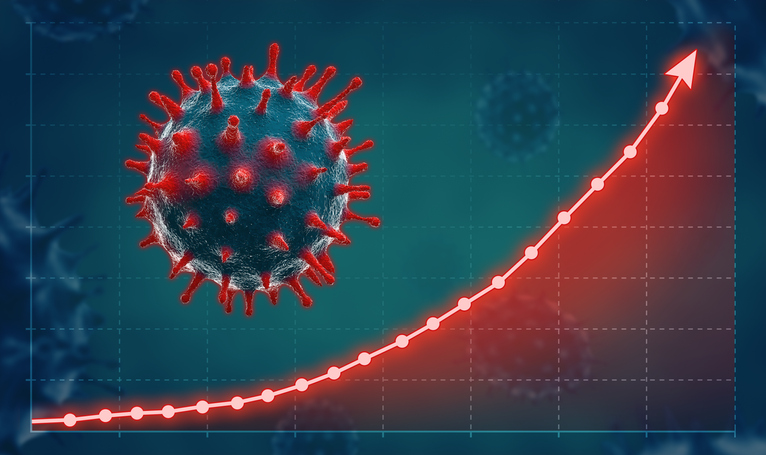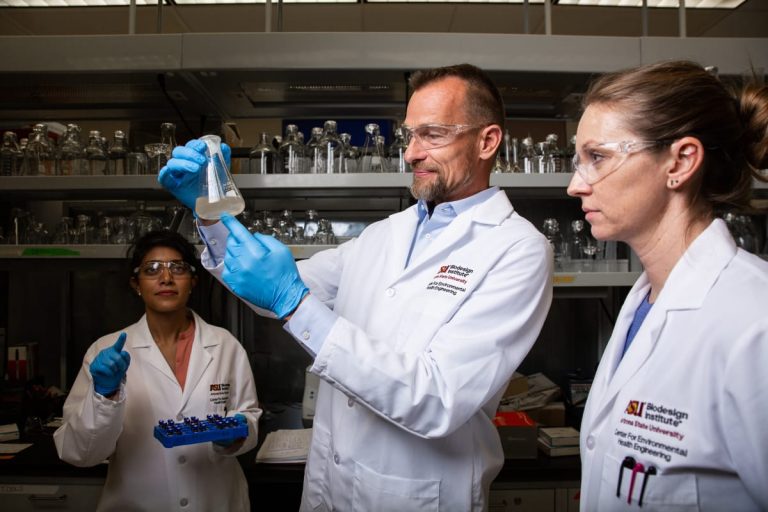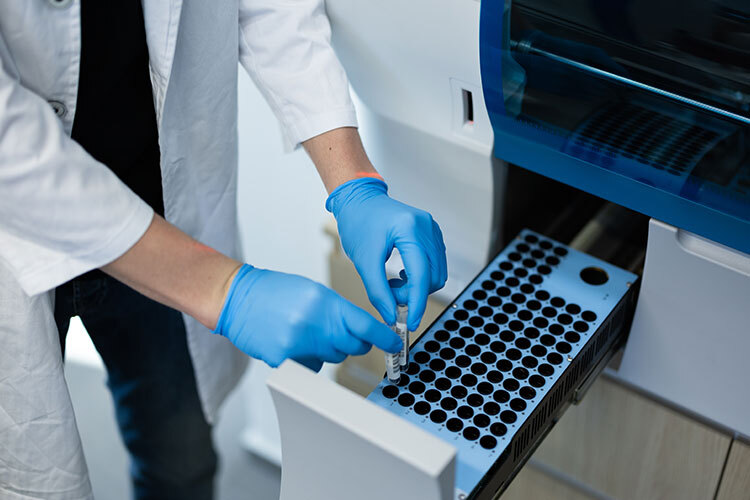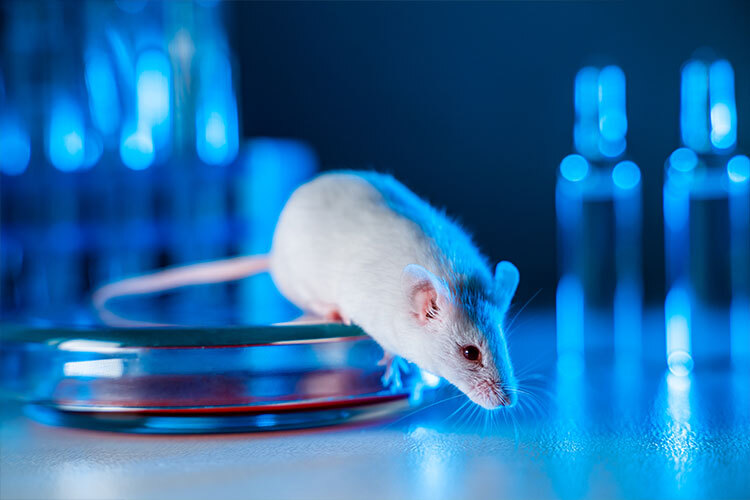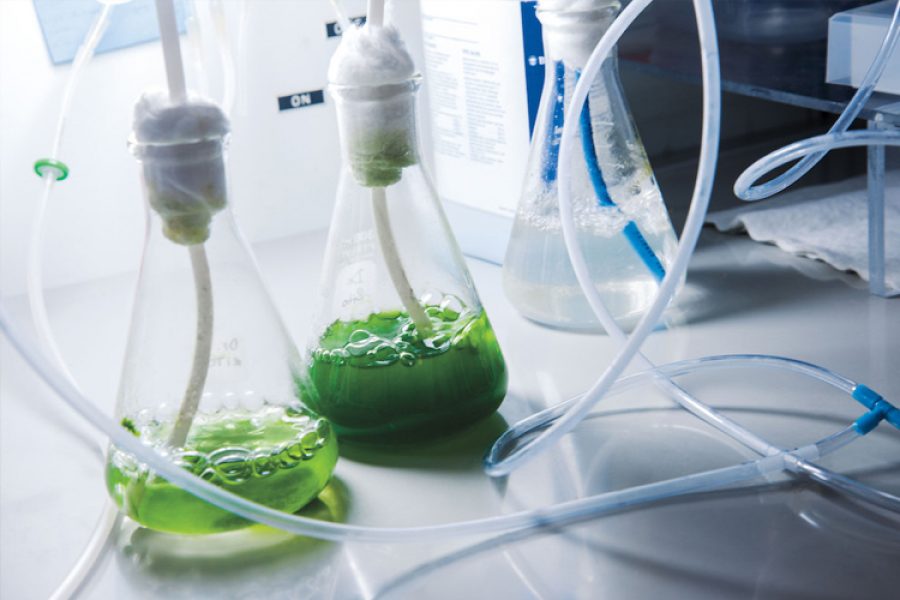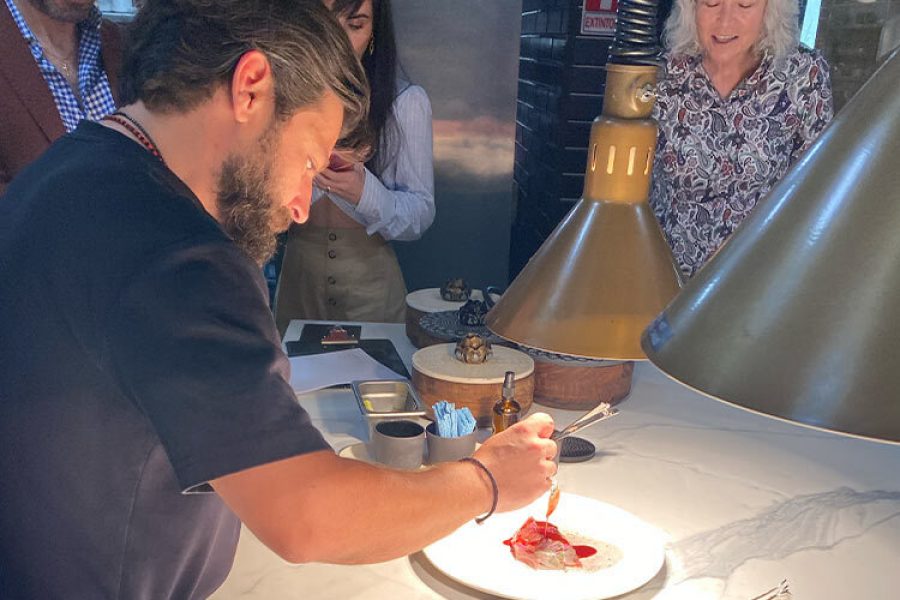Microwaves, indispensable appliances that heat food in seconds, also harbor bacteria that can withstand some of the harshest conditions imaginable.
Researchers from the University of Valencia in Spain have found that these everyday devices are home to a surprising diversity of bacteria in household and laboratory settings.
Alba Iglesias, a microbiologist, and her team collected samples from 30 microwave ovens, some from private homes, others shared in large communal spaces —like offices— and several used in laboratories for heating samples and chemical solutions.
The researchers then cultured these samples in Petri dishes to identify the types of microbes. They also sequenced the DNA extracted from the microwaves to understand the bacterial diversity inside these appliances better.
Resilient Organisms
The scientists discovered “extremophiles” in the microwaves organisms that can survive, and even flourish, in the most extreme environments, such as the freezing ice of Antarctica and the crushing pressures of the Earth’s crust.
Despite their everyday use to eliminate microorganisms in food, microwaves are a refuge for many bacteria commonly found on human skin, such as Proteobacteria, Firmicutes, Actinobacteria, and Bacteroidetes.
While previous studies have identified distinct microbial communities in kitchen appliances like dishwashers and coffee makers, this is the first time the microwave oven has been investigated to determine if it hosts its own unique microbiome.
Microwaves in homes and shared areas showed a predominance of food-associated bacteria, suggesting that the bacterial composition varies depending on the environment and usage.
“Since the 1980s, we’ve been told that if you use a microwave, it heats everything, kills everything,” says Jason Tetro, an independent microbiologist known as “The Germ Guy” in Edmonton, Canada, who Nature interviewed.
This study is “important,” Tetro says because it highlights the potential pathogens in these devices, especially shared ones.
The Need to Clean Our Microwaves…More Often
According to the researchers, the findings underscore the importance of regularly cleaning microwaves to reduce potential health risks, particularly in environments where food is handled.
Moreover, this opens up new avenues for exploring the biotechnological applications of bacteria resistant to extreme conditions, which could benefit various industries.
The study sheds new light on a common household appliance and encourages us to think about the microbiota that coexists with us in our everyday environments. (With information from Nature)


